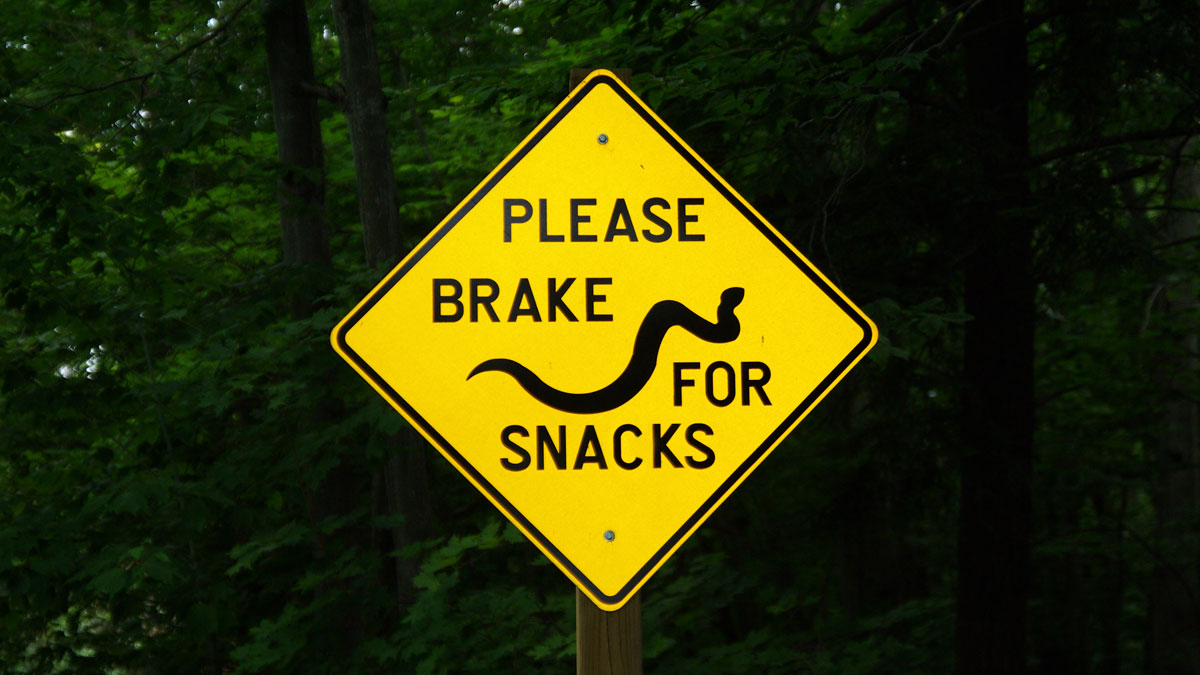Power Of A Word
“How much is one drop of gasoline?” asks a man at the gas station. “Nothing,” the attendant replies. “OK then, please fill up the tank one drop at a time,” says the customer.
This is an old joke which will probably circulate until all of us start using electric cars. Or it could be “rebranded” and used in slightly different circumstances. For example, would it still be funny in the field of language services?
“How much is it to translate one word?” asks a man at the translation company. “Nothing,” the project manager replies. “OK then, please translate ten pages, one word at a time,” says the customer.
Sometimes one word equals one page
It might be funny, but the joke would not reflect the reality of the linguistic services field. Translating one word might cost as much as translating one page. For somebody not involved in the language industry, this might seem painfully expensive. And why is it so?
It is because special measures are taken when translating company names, brands, trademarks, signs and warnings. These words are extremely vulnerable. They have to be translated with special care, and additional research must be done before their translations can go live. Such translations have to be tested by “fire and water” to make sure that such words are “non-flammable” and “water resistant.”
Company name translation—a sensitive issue
Here is one interesting example. We have seen a Canadian company using the abbreviation “WC” in their business name. If this company asked Strategic Languages to translate its name for use in Europe, we would definitely advise them to drop “WC” from their name translation, since in most European countries, “WC” means “water closet”—in other words, “washroom, bathroom or toilet.”
Now you probably understand the concept of doing proper research for one-word or name translation. The same duty of care must be applied when translating brand names or trademarks. Terminology, linguistic and cultural research, and cultural adaptation require time. Translators, editors and terminologists have to be thorough, in order to provide the best possible result: a word or words that ensure your success and create a positive image.
Signs and warnings—a loaded gun in your closet
Translating one word with no context is like placing a loaded gun in your closet. One day, it will fire unexpectedly when somebody touches it and there will be consequences.
Imagine that you want to translate one, two, or a few words which you plan to use for a sign at the entrance into your building (like “Wet Floor”), or as a label on the packaging of your products (like “May contain traces of peanuts”). Mistranslations of such words could cause harm, triggering an insurance claim or even a lawsuit. This is when the loaded gun fires. Who wants to risk not communicating the right message?
One-word translations require special attention
At Strategic Languages, we always tell our clients that in order to translate one word correctly, we need a broader context . For example, let’s take the word “German” in English. How would you interpret it without additional context? It might mean the German language, or a German person, or it might work as an adjective in connection with various things like food, merchandise or engineering. It can live independently in English, but it might not do so in other languages.
The English language often simplifies things, while many other languages don’t. That is why more context is needed; an explanation of what the word means, where and how it will be used. Context may come as an email description, an explanation over the phone, an image, or a video. Anything counts, as long as it sheds more light on the circumstances surrounding the use of that specific word or words.



